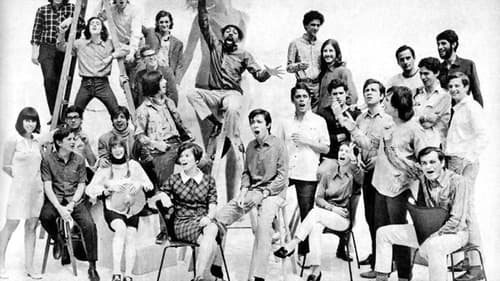
Executive Producer
If you thought TV shows in which audiences and juries judge musical acts were a relatively new phenomenon, you'd better think again. In the 1970s, such "festivals" were incredibly popular in Brazil. They were recorded before a live studio audience, and usually featured a number of elimination rounds. They also formed the springboard for the career of many a big-name star, such as Chico Buarque, Caetano Veloso, Roberto Carlos and Gilberto Gil. Appearing on such a program was no cakewalk, however: audiences could be as wild in their condemnation as in their appreciation of an artist. Extensive archive footage (including performances and behind-the-scenes interviews) from a turbulent final of the Festival of Brazilian Popular Music one evening in 1967 paints a fascinating picture, not only of the transformation of Brazilian music into real "festival" music, but also of a society starting to buck against the yoke of military rule.

Producer
Friends of the recently deceased Quincas take their pal's body on one last tour of his favorite spots in Brazil's Bahia.
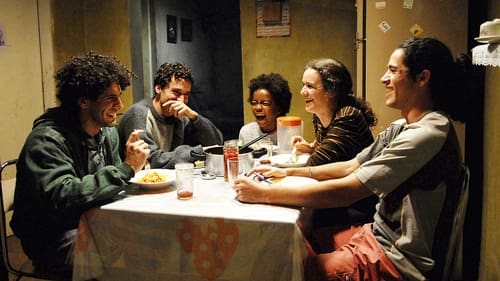
Producer
In the periphery of São Paulo, the pregnant single mother Cleuza works as maid in the apartment of a middle-class family. Each of her sons has a different unknown father: the oldest, Dênis, has a baby son that lives with his mother and he works as motorcycle courier.
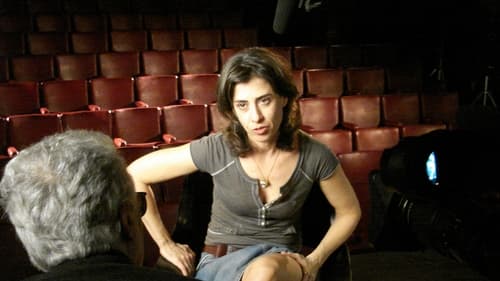
Executive Producer
Following a newspaper ad, ordinary women tell part of their life stories to director Eduardo Coutinho, which are then re-enacted by actresses, blurring the barriers between truth, fiction and interpretation.
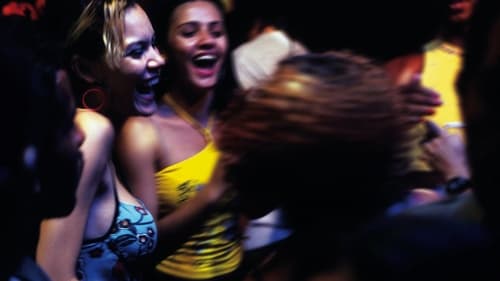
Producer
In northern Brazil, Hermila patiently waits for her husband. However, he has abandoned her. Sexy, restless and resolute, she raffles off "a night in paradise" with herself. This beautifully-shot portrait doesn't shy away from the burdens of a young scarred woman, but it also celebrates her courage to live according to her own rules.
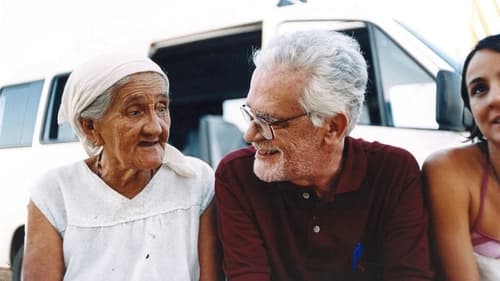
Executive Producer
A film that began from zero. Without any previous research, characters, locations or established themes, a film crew arrives at the Paraiba backlands in search of people with stories to tell. In the town of São João do Rio Peixe, they discover the Araçás Farm, a rural community where 86 families live, the majority connected by family ties. Thanks to the mediation of a young woman from Araçás, the residents – consisting mostly of elderly people – tell their life stories, marked by popular Catholicism, hierarchy, a sense of family and honor. A world on the verge of disappearing.
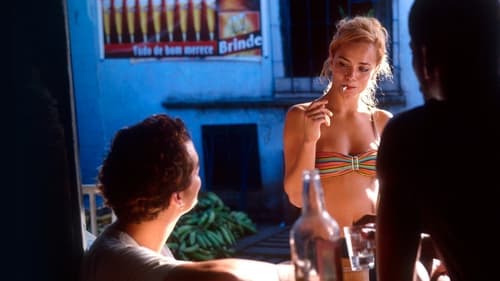
Producer
Карина — танцовщица, которая по желанию клиента может и подняться с ним в номер. Два парня без ума от нее: Деко и Нальдиньо. Они приятели, но их страсть может положить конец не только дружбе, но и жизни одного из них. Ведь ребята выросли там, где любой конфликт решается поножовщиной.

Associate Producer
Shup up in dead-end lives with dreams larger than life, two inseparable friends in their thirties decide to take their fates in hand. Nevertheless, a woman a « fatale » one, gets them away from their path. And the three of them – two others will quickly join them- find themselves involved in a strange case, that of a fake painting robbery. Who said crime is not worth?

Producer
A story inspired by the life of one of the most remarkable figures in Brazilian popular culture, João Francisco dos Santos (1900-1976). In turn, bandit, transvestite, street fighter, brothel cook, convict and father to seven adopted children, dos Santos – better known as Madame Satã – was also a notorious gay performer who pushed social boundaries in a volatile time.
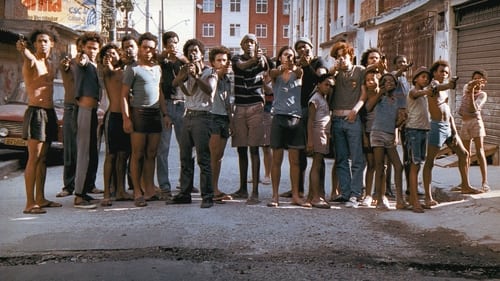
Producer
60-е годы XX века. «Город Бога» — квартал в Рио-де-Жанейро, где живут главные герои — 8-летний Ракета, мечтающий стать фотографом, и его одногодок Дадинью. Дадинью принимает участие в вооруженном ограблении, организованном живущим по соседству гангстером Кабалейрой; с согласия Кабалейры он совершает свое первое убийство. 70-е годы. Ракета постоянно балансирует между мелкими правонарушениями и честной жизнью. На счету у Дадинью уже несколько убийств. Он возглавляет банду, которой управляет, используя хитрость и хладнокровное предательство. Поняв, что настоящая власть и большие деньги может дать только контроль над торговлей наркотиками в их квартале, он безжалостно идет к своей цели. 80-е годы. Ракета наконец получает фотоаппарат и осуществляет свою детскую мечту. Мечта Дадинью тоже сбылась: в 18 лет он стал самым крутым торговцем наркотиками в Рио.

Associate Producer
Каждый вечер отец собирал их за бедным крестьянским столом. Каждый вечер он говорил своим детям, что семья — это самое дорогое и святое, что когда-либо будет в их жизни. От твердил, что грех никогда ни должен коснуться ни одного из его чад. Строгость отца и безграничная любовь матери в краю, где люди трудятся от заката и до рассвета вдали от неизведанных радостей мирской жизни. Но дети, сидящие за столом слева от отца — это чахлые ветви, проклятые грехом и безумием.

Producer
Short musical film paying a tribute to samba composer Zé Ketti, one of the greatest popular artists of Brazilian music. In a jam session, in the late composer's house in Inhaúma, a neighborhood of Rio de Janeiro, a group of friends get together to play his music while a "feijoada" (typical Brazilian food with black beans)is being cooked in the kitchen. The samba-players, first-rate samba stars themselves, remember Ketti's great hits in a homage to the man who was best known as "a voz do morro" ("the hill's voice" - but hill as a metaphor for a place where poor people build their shacks in slums, in opposition to city, where middle-class people live in Rio). Among the guests, names of the traditional "samba-school" Portela and ex-partners. Also, the presence of a black hat on an empty chair, represents the composer himself, who died in 1999, after a life of many accomplishments in music, and appearance in three of Dos Santos's films: "Rio, 40 Graus", "Rio Zona Norte" and "Boca de Ouro".

Executive Producer
Brazilian music gets the royal treatment in this eclectic collection that features performances from such luminaries as Jorge Aragao, Fundo de Quintal, Alcione and Bezerra Da Silva. Songs include "Malandro"; "Vendi Meu Peixe"; "Amor A Primeira Vista"; "Do Fundo Do Nosso Quintal"; "Tendencia"; "Miudinho, Meu Bem, Miudinho"; "Pot Pourri: Poeira Da Idade/ Eu Sei Que Vou Te Amar"; "Parabens Do Brasil Pra Voce"; and more.












